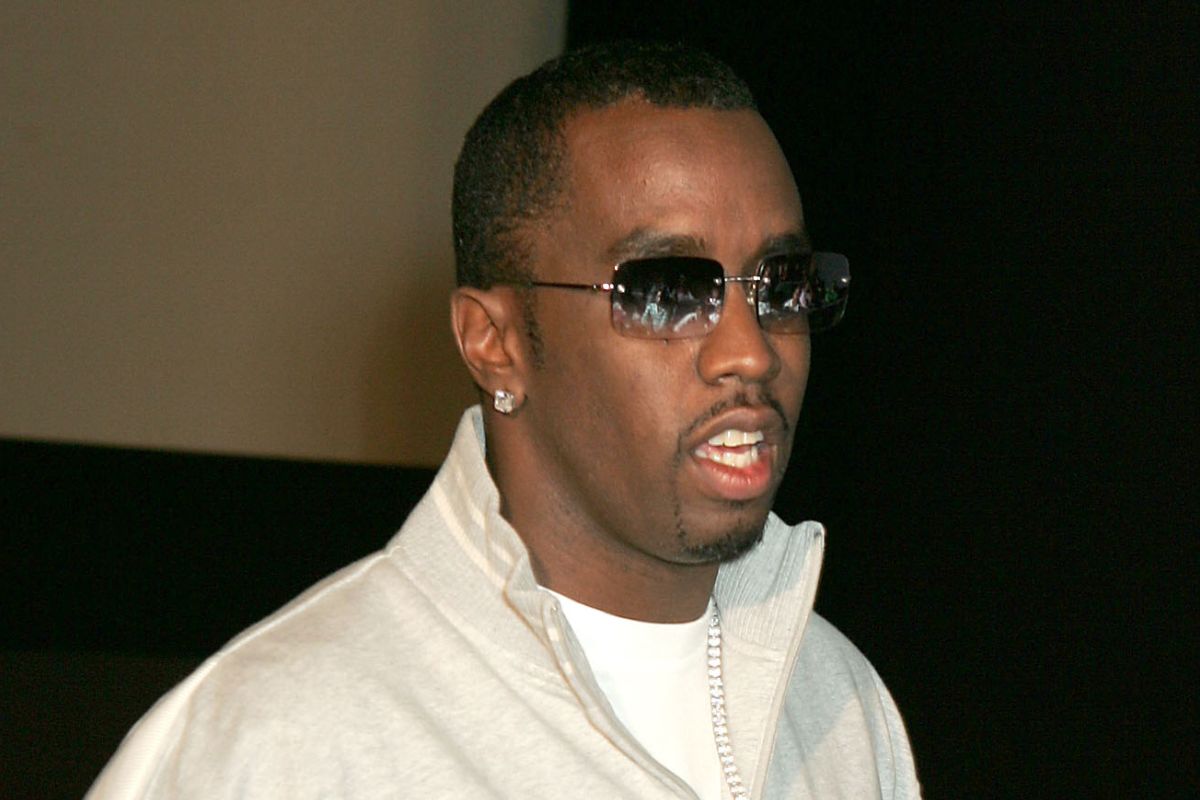Diddy lost a key legal battle Tuesday (September 30) in Manhattan federal court, where a judge refused to toss out two prostitution-related convictions, setting the stage for his sentencing on Friday (October 3) on charges tied to the Mann Act.
The 55-year-old Hip-Hop mogul was found guilty in July of arranging for male sex workers to cross state lines for paid encounters with his girlfriends—violations of the Mann Act, a 1910 federal law originally aimed at curbing sex trafficking.
In previous court filings, Diddy’s lawyers claimed the conviction was unprecedented and an overreach into his personal habits involving “freak offs.”
“This is wildly out of proportion to the conduct at issue—threesomes where fully competent adult men and women voluntarily crossed state lines and had consensual sex with each other, and the defendant made no money from the conduct,” Diddy’s lawyers said in court filings. “We are unaware of any other Mann Act prosecution based on such conduct.”
U.S. District Judge Arun Subramanian rejected Diddy’s bid to overturn the convictions, brushing aside his legal team’s argument that the charges were an overreach.
“To any modern reader, the plain meaning of prostitution is sex for sale. Every modern dictionary the Court consulted says the same thing,” Judge Subramanian wrote. “What happened in this case was transportation for prostitution even under Combs’s understanding of the term: Combs transported the escorts (who were financially motivated) and intended for them to engage in prostitution.”
Diddy was acquitted of more serious charges, including sex trafficking and racketeering conspiracy, which could have carried a life sentence. However, the two Mann Act violations still carry significant weight—up to 20 years in prison.
Defense attorney Alexandra Shapiro painted the mogul as a voyeur who enjoyed filming and watching amateur adult content, which she said falls under First Amendment protections.
Prosecutors countered that Diddy reimbursed his ex-girlfriends for arranging the sexual liaisons, making him culpable under federal law.
Testimony from Cassie, Jane Doe and other women played a central role in the case, with prosecutors alleging Diddy financed the encounters through his partners, effectively paying for sex across state lines. The judge agreed.
“First, Combs’s conduct is not protected by the First Amendment. First Amendment protection
applies “only to conduct that is inherently expressive,” Judge Subramanian wrote. “Evidence at trial showed that when Combs filmed, he didn’t typically give notice ahead of time or ask for consent, as a film producer would; and that he masturbated, suggesting that the purpose was his immediate sexual gratification.
“In fact, he sometimes participated in the sexual activities. The evidence showed that Combs ‘and the escort would both … have intercourse’ with Ventura at the same time. And after Ventura or Jane finished having sex with an escort, Combs would have sex with Ventura or Jane, often while the escort’s semen was still on their body. At other times, Ventura would ‘put [the men’s] semen on [Combs], usually on his chest, on his nipples,’” Judge Subramanian said in his opinion.
The ruling solidified the convictions and cleared the path for Diddy’s sentencing.
Federal prosecutors are seeking a sentence of 11 years and 3 months, citing what they describe as violent and coercive behavior. Prosecutors allege Diddy used threats and intimidation against women and showed no remorse.
They are also pushing for the maximum allowable fine, arguing that his wealth and influence should not shield him from full accountability. Prosecutors said the evidence showed “a pattern of abuse” and that Diddy “has not accepted responsibility for his actions.”
Meanwhile, Diddy’s defense team is asking for a drastically reduced sentence. They argue he has already served the equivalent of 14 months in pretrial detention since September 2024.
They are requesting home confinement instead of additional prison time, citing his lack of prior convictions and the nature of the charges he was acquitted on. Judge Subramanian has denied bail several times, citing public safety concerns and the seriousness of the charges.
